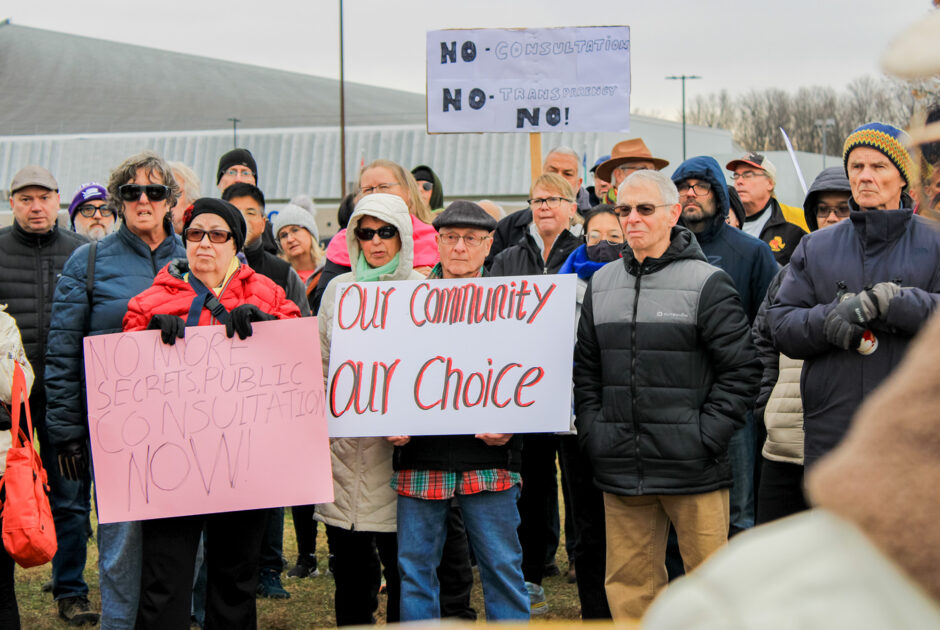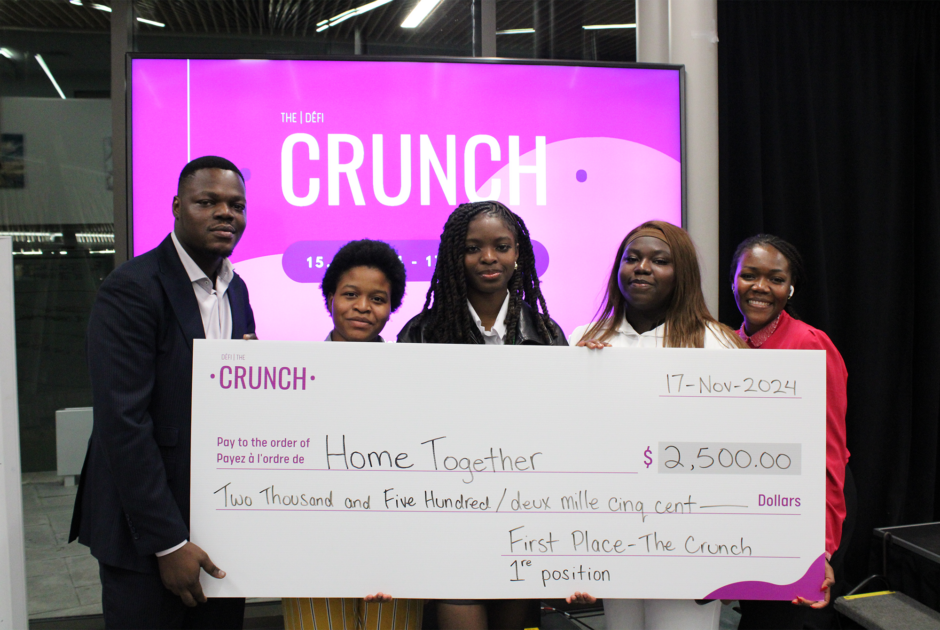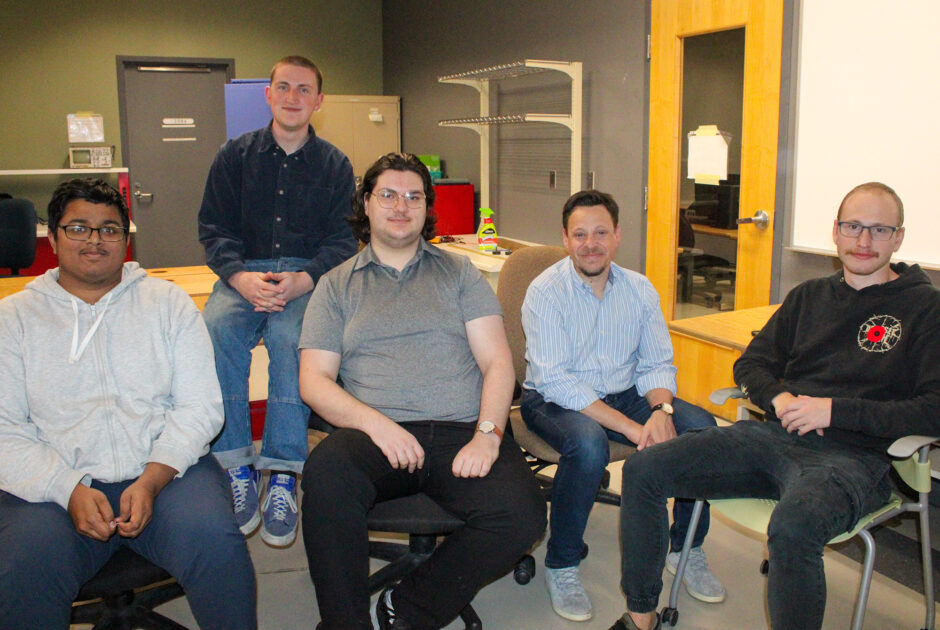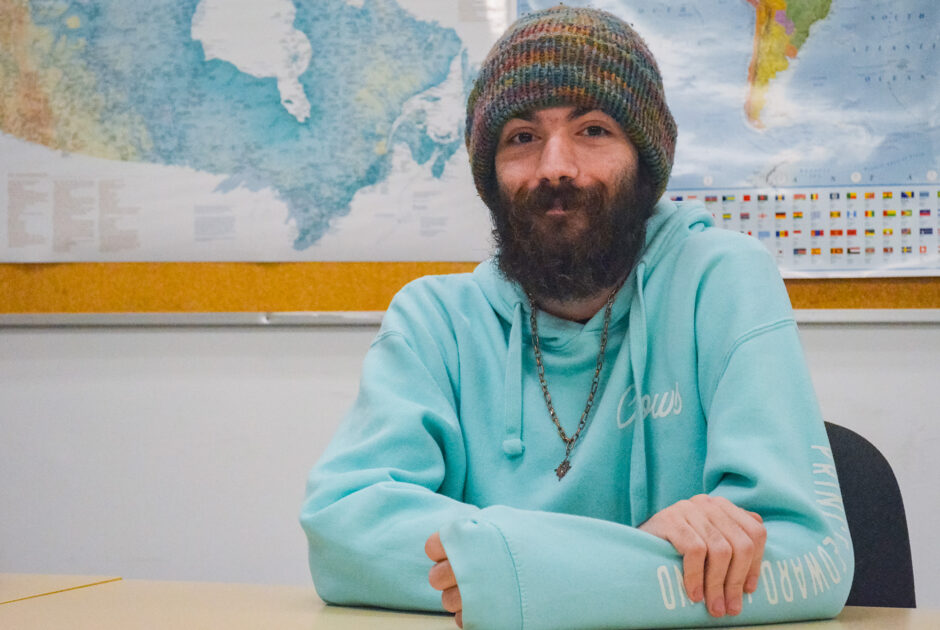MakerSpace: A Year in the Making

A year after MakerSpace has been established, the MakerSpace is now equipped with more materials such as more 3-D printers, laser and vinyl cutters as well as automatic sewing machines; which is all the more reasons to be curious about the space.
Matthew Jerabek, the impact coordinator for applied research & innovations program, says that the space is for all students to learn and be curious. “You don’t need to know how to operate any machinery or tools in the space,” said Jerabek. “We are there to help you and guide you.”
Students who are curious to print a model for the first time, can visit Thingiverse, a website with thousands of models to choose from. “One thing that you can do is find a model that hasn’t been created,” said Jerabek in reference to the website. “It’s great to peruse [different] models.”

Based on the questions from students, the program creates workshops varying from 3-D printing to coding. “Workshop ideas have stemmed from the questions and skills most asked for, by students in the MakerSpace over the past year,” said Jerabek.
On Sept. 20, was the first 3-D printing workshop was held in the MakerSpace which was taught by MakerSpace technician Ryan Kowtecky, who showed students how to print simple models using the free modelling software, Fusion360. The workshop went through the process of how to draw a simple domino using the technical elements of the software.
Based on the positive feedback from students who’ve attended the workshop, the space will organize more workshops in the future.
Third-year graphic design student, Jenny Owens, says that MakerSpace is great for many visual projects. “Our projects — they’re interesting, it’s not like we’re doing accounting – it’s very engaging,” said Owens. “We get to do something that actually has a visual result at the end, which is cool. Every project is a creative project, it’s the type of skill set that I want to keep working on.”
Madeline Mei, who is also in her third year, but in the massage therapy program and (an ambassador for MakerSpace), says that she would like to use 3-D printing in the future to give clients a visual understanding of their injuries.
“I think working with kinesthetic clients that want to see the types of injuries that they’re working with, they [could] actually manipulate it.”
During a quick demonstration, Mei was able to show students how the small 3-D printer works. If students want to print something (three-dimensionally), they would first have to download an image or template from Thingiverse and download unto an SD card. From there, the SD gets slotted into the machine and the printer reads the particular code.

“It works from the bottom up,” said Mei. “Something like this was on the machine and it comes off fully articulated – So, I didn’t have to put this together at all.”
Computer programmer student, Tinashe Chapfunga said that he was fascinated with seeing 3-D printers for the first time and would like to visit the space for often. “I really want to [see] the motion of it,” said Chapfunga. “I heard that there are bigger and sophisticated ones.”
MakerSpace, located on the second floor of DARE District, in C276, is open to all students every day from 11.a.m to 4 p.m.
The program’s next 3-D workshop takes place on Friday, Oct. 18 from 12 p.m. to 1 p.m.
For more information about upcoming workshops, students can visit the Eventbrite website.









